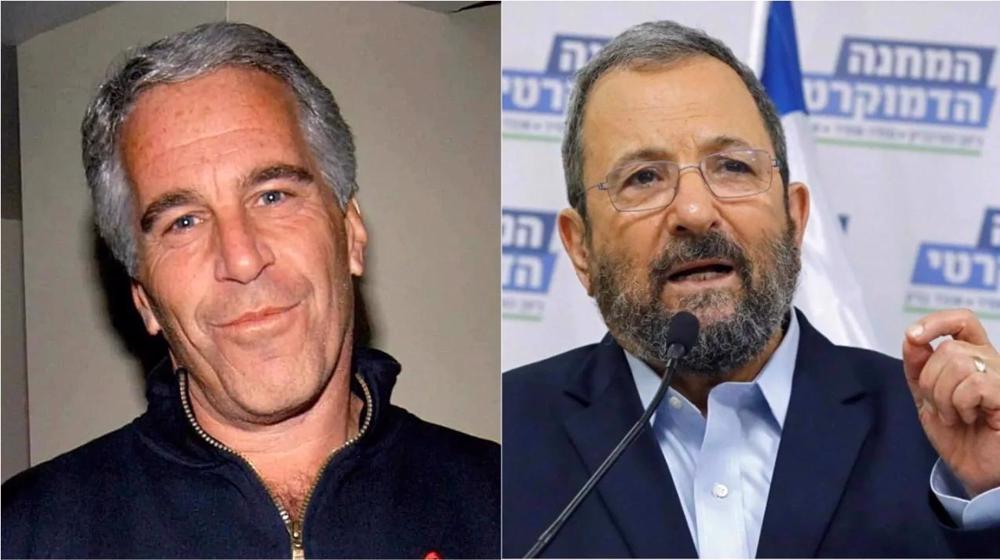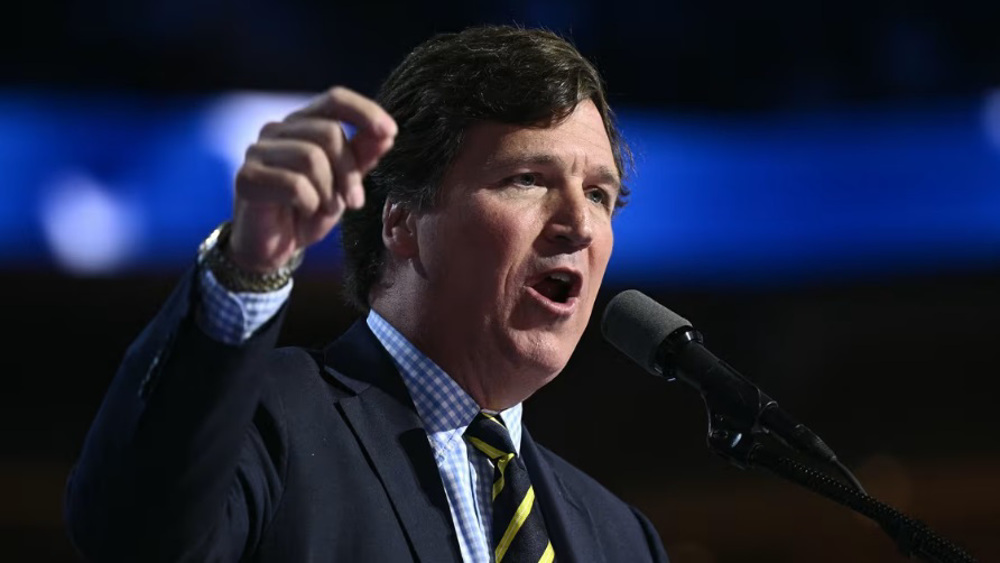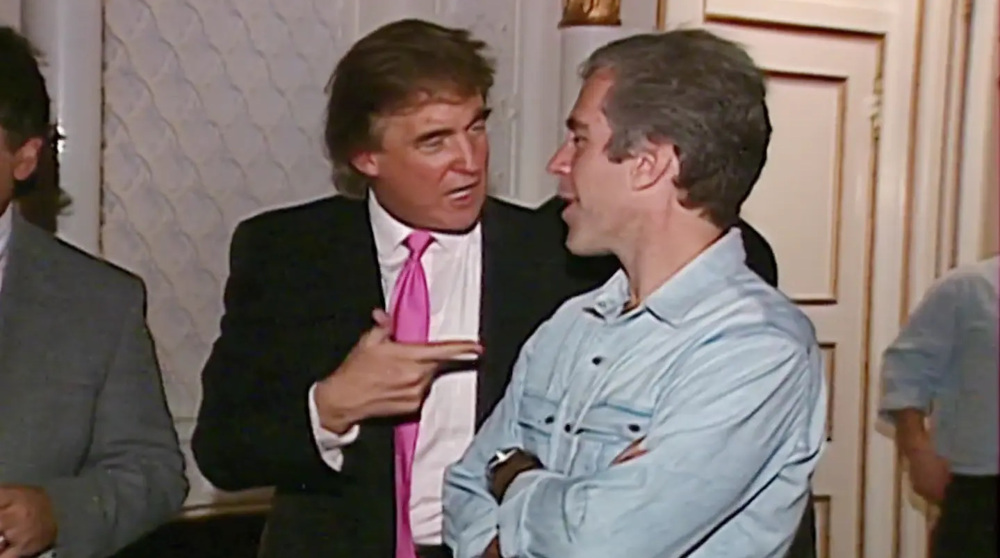FBI did not notify Podesta of Russian hacking before WikiLeaks entered the game
John Podesta, the campaign chairman of Democratic nominee Hillary Clinton, says he was never notified by the FBI of the Russian hacking until shortly after the WikiLeaks started releasing his emails.
Emails from the Clinton campaign, including Podesta’s, were regularly released in the run-up to the 2016 presidential election to expose the inner workings of the Democratic Party.
"The first time I was contacted by the FBI was two days after WikiLeaks started dropping my emails," Podesta said on NBC on Sunday.
The Federal Bureau of Investigation and the Central Intelligence Agency have since concluded that Russia was behind the hacking and the releases, an allegation Moscow has vehemently denied.
Ahead of the November 8 election, which made Donald Trump the president, Clinton repeatedly accused the Russians of undermining her campaign through hacking of emails, a move Trump urged them to continue.
Apart from that, Trump and Russian President Vladimir Putin have, on several occasions, expressed praise for one another.
Podesta suggested that WikiLeaks releases were systematic by referring to a batch published shortly after Trump’s lewd remarks from a 2005 tape were leaked and considered by many at the time as the final nail in the coffin of his campaign.
"On October 7, the Access Hollywood tape comes out. One hour later, WikiLeaks started dropping my emails into the public. One could say those things might not have been a coincidence," Podesta said. "Two days later the FBI contacted me, and the first thing the agent said to me was 'I don't know if you're aware but your email account may have been hacked.' "
Democrats in the Senate are currently engaged in efforts to investigate the issue through a special bipartisan panel.

"The fact that they're hacking our political system and trying to influence the outcome, as it seems to be, that is serious, serious stuff," said New York Democratic Senator Chuck Schumer at a press conference on Sunday.
Schumer has joined his forces with Arizona Republican Senator John McCain to pursue the matter.
"Recent reports of Russian interference in our election should alarm every American," they wrote in a letter sent to Senate Republican leader Mitch McConnell, also signed by Republican Lindsey Graham of South Carolina and Democrat Jack Reed of Rhode Island. "Cybersecurity is the ultimate cross-jurisdictional challenge, and we must take a comprehensive approach to meet this challenge effectively."
VIDEO | Press TV's news headlines
VIDEO | Muslims across India begin holy month of Ramadan
Hamas condemns Trump's 'Board of Peace' meeting
Iran and Saudi FMs discuss outcomes of latest indirect Iran-US talks
VIDEO | Maritime anti-terrorism drill
Ex-prince Andrew released after arrest in connection with Epstein files
Iran elected vice-chair of UN Special Committee on Charter
Iran envoy says decision made to exchange ambassadors with Egypt









 This makes it easy to access the Press TV website
This makes it easy to access the Press TV website